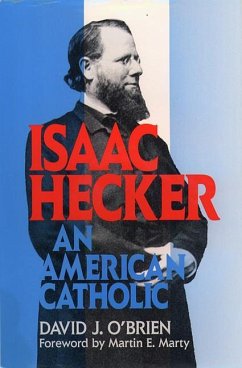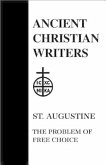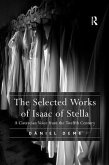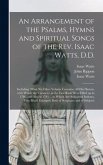Isaac Thomas Hecker was the prototype nineteenth-century American. He was an idealist and a visionary, a believer in the "rightness" of the American experiment. A utopian at heart, Hecker sampled life in New England's transcendentalist communes, later entering the Catholic Church where he began a new community that was founded on the ideals of freedom and personal initiative. He had all the virtues and all the flaws of his era, being optimistic, passionate, energetic, far-sighted, naive. Yet Hecker was also profoundly counter-cultural. He was a mystic in an age of pragmatism. He proclaimed the value of the collective to a generation of Americans who already were falling under the influence of laissez-faire individualism. Within his adopted Catholic community he championed personalism to an unreceptive audience; Rome and its hierarchy were in a defensive posture that favored obedience and conformity. In the end Rome assailed "Americanism" as a threat to its good order. David J. O'Brien has written the first, full life of Isaac Hecker to appear in a hundred years. In the process he enables us to see Hecker's great significance for American religious and social history. Hecker was well-known in his own day--a friend of Thoreau, Emerson and Alcott, popular speaker, best-selling author--but soon after his death he slipped into semi-obscurity. To Catholic intransigents he was an embarrassment, to American pragmatists he was a curiosity. But the present age has witnessed a renewal of spiritual seeking that characterized Hecker's own journey, and the church he swore allegiance to has begun to see things the way he did. The time is ripe for this honest and comprehensive account of Isaac Hecker'sfascinating story.
Hinweis: Dieser Artikel kann nur an eine deutsche Lieferadresse ausgeliefert werden.
Hinweis: Dieser Artikel kann nur an eine deutsche Lieferadresse ausgeliefert werden.








